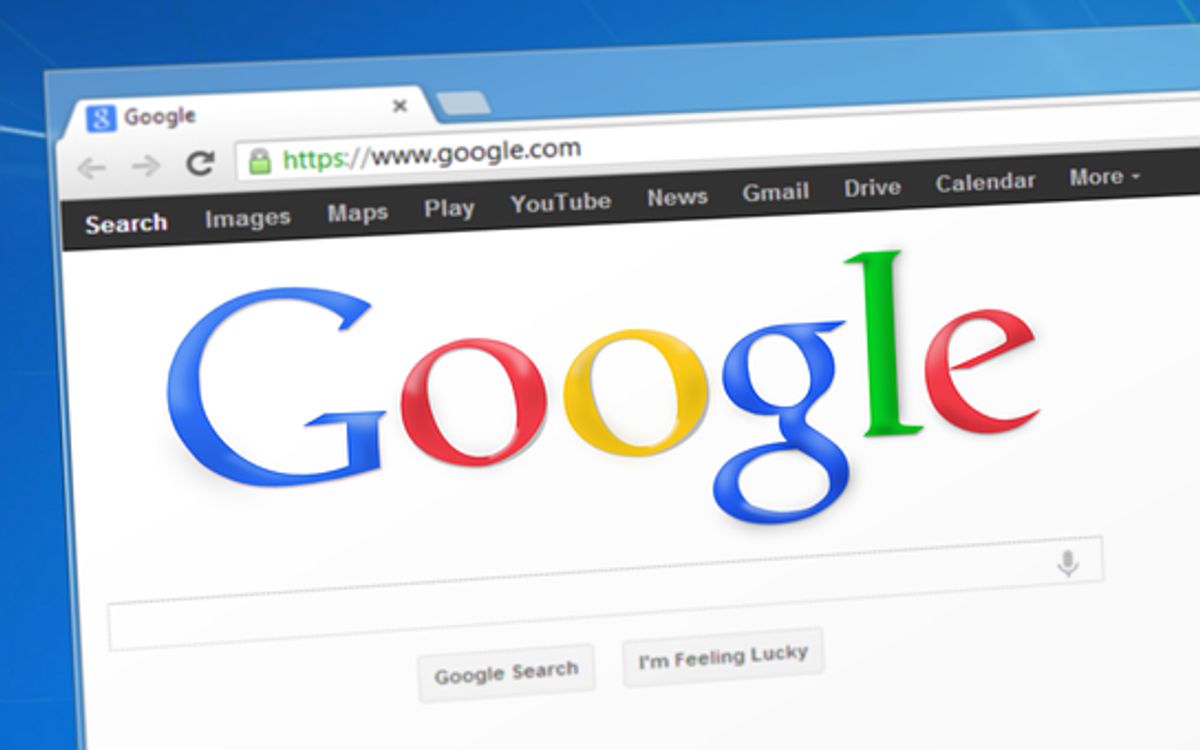pagespeeds, as shown in Pagespeed Insights, is a combination of factors that reports on the performance of a page that suggesting how you would improve your overall performance while using pulled in data from the lighthouse (another tool of Google’s) but does not give the exact metric as to what is used by Google to measure the speed of the page loading.
Many other SEOs and I, believe that it is TTFB or time to the first byte that is used to measure actual speed. That said, however, Google only seems severely penalize the extremely slow websites for now.
pagespeeds: WHY DOES IT MATTER FOR SEO?
Google is improving performance or “page speed” as part of its mandate as it knows that there is an inverse relationship between bounce rates being higher with page load speed being lower. So, the slower the page is to load, the higher the bounce rate in which people are hitting the back button as they arrive on a page. I believe that page speed will have more weight as a signal in the algorithm in the future. Google is about UX.
Factors to improve your page speed
So, there are some factors you should focus on to improve your page speed.
What can decrease your page speed?
- Your host: In the long run, a cheap offer can damage your page speed. Pick the right host according to your industry size.
- Too large images: images which are too large to load can reduce your pagespeeds. It is usually due to extra data added in the comments or to a lack of compression.
- External embedded media: outside media like videos are precious but can mostly lower you load time. A better practice is to host the videos on your server.
- Unoptimized browser, plugins, and app: test your website on all browsers because they do not load your site in the same way. Furthermore, apps like Flash can sincerely lower your pagespeeds.
- Too many ads: more than just troubling your visitors, lots of ads have the disadvantage to slow down your pagespeeds.
- Your theme: some highly intended pieces holding many effects can punish your load page.
- Widgets: some social keys or comment spaces can have a shock on your page speed.
- Double-barreled code: if HTML/CSS is not practical or too dense, it insistence reduce your page speed.
pagespeeds: What tools can you use to increase the load time?
There are a few tools you can use to improve your page speed or to see how your website is working.
- pagespeeds Insight: This classic show a page speed score between 0 and 100 and suggest you all the keys and advice to increase your page load.
- Webpage test: This Google tool offers you a free speed test providing charts about page speed optimization.
- YSlow: This plugin will quickly show you how your website is performing and recommends insights to improve your site speed.
- YUI Compressor: This will help you compress your code by minimizing JavaScript and CSS.
- OnCrawl: This tool offers a clear overview of your page speed performance and helps you know which pages you should optimize in a glance.
Does PageSpeed Service use SPDY?
Yes! PageSpeed Service uses SPDY for all HTTPS connections served through Google for supported versions of Chrome, Firefox, and Opera, among others.
Does PageSpeed Service support streaming audio and video content?
Yes. PageSpeed Service supports streaming audio and video content. However, PageSpeed Service does not significantly speed up the rendering of such media files.

